The sound of ownership and the business behind every track
Today, your contract and not your talent decides if you get paid and how much. Too many creatives learn that too late. Behind every hit song lies a web of rights, contracts, and royalty streams that artists cannot afford to ignore. Whether you are an independent artist, producer, or a label, understanding how sound recordings are owned, licensed, and monetised is essential.
 Academy of Sound Engineering co-founder and head of music law Nick Matzukis.
Academy of Sound Engineering co-founder and head of music law Nick Matzukis.
Once a piece of music is composed and fixed in a tangible form, its compositional copyright (also known as ‘the publishing’) is automatically established. The moment the song is recorded, a second copyright comes into existence, namely the sound recording copyright. (also known as the Master). This unlocks a separate set of revenue streams artists, producers, and labels rely on.
When a track is recorded, the copyright in the sound recording usually belongs to the record label that made arrangements for the sound recording, unless the artist releases independently and owns the masters by virtue of having made the arrangements himself. This is a distinct copyright from the composition copyright, even if both were created by the same person.
This triggers a separate set of royalties when the sound recording is streamed, downloaded, broadcast, sold or used commercially. These include:
Artist royalties
These are contractual. The label earns from the sound recording and shares a portion with the artist, if the contract allows it. If the contract is fair, the artist earns. If not, they might earn nothing or very little.
With growing calls globally for fairer streaming payouts, artists who understand their rights have the upper hand.
Needle time
This is a legal right. When the sound recording is publicly performed, say - on radio - there is a royalty owed not only to the composer (via SAMRO) but also to the owner of the sound recording and the performers that appeared on it. In South Africa, this royalty is administered by SAMPRA and is a multi-million rand royalty stream. Performers such as backing vocalists, session musicians, and producers can all claim a share. Producers are recognised for needle time under South African law.
Producer royalties
A producer is not automatically entitled to other royalties unless they have negotiated a contract saying so. Many opt for an up-front payment instead of a cut in future profits, but the top producers can negotiate for both. Whatever the arrangement, this is contractual. However, producers are entitled to a portion of needle time if their performance qualifies, which it usually does.
Sync licensing for sound recordings
If a film, ad, or TV show wants to use an existing sound recording, not just the composition, they must license the master from the rights holder (usually the label). This is separate from the sync fee paid to the composer or publisher. Typically, a film producer pays 50% to the composer/publisher and 50% to the record label, though this is not cast in stone.
A famous example is Baby Driver, a movie praised for syncing music to its action scenes. Every track had to be cleared twice: once with the publisher for the underlying composition and once with the label for the sound recording. Without both, the music could not be used legally.
Music video revenue
When a recording becomes a music video, a third copyright comes into play: the cinematograph film. This creates another layer of income, including:
- VPL royalties when the video is played on TV (collected by organisations like RAV)
- Online revenue from platforms like YouTube, TikTok, and Instagram
- However, there is no automatic needle time-type right for the performers on a video. If you appear in a video, you will not earn unless your contract covers it - another reason to know your rights.
Beyond copyright: other revenue streams
Not every music income stream comes from copyright. There are non-copyright-based sources that also matter:
- Touring and live performances.
- Merchandise sales.
- Sponsorships and endorsements.
- Fan platforms like Patreon.
Taylor Swift’s concert contracts reportedly let her take the lion’s share while promoters earn from concessions. That is the power of knowing your worth and putting it in writing.
The bottom line is that whether it is a copyright-based royalty or a commercial deal, you only earn what your contract allows. If you are a performer, producer, or label owner, you must know what rights you are entitled to and where to claim them.
Know what you own. Know what you are owed. And make sure it is in writing. Because in this industry, contract and copyright are everything. To understand this landscape fully, music professionals are encouraged to study music business and music law or explore industry-focused training to stay informed, such as the Music Business Masterclass short courses available at The Academy of Sound Engineering.
Nick Matzukis is the co-founder and head of music law at the Academy of Sound Engineering in South Africa. Matzukis writes in his personal capacity. The opinions and views expressed herein are solely his own and do not reflect the position or stance of the publication.







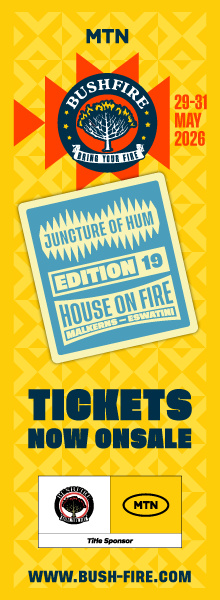















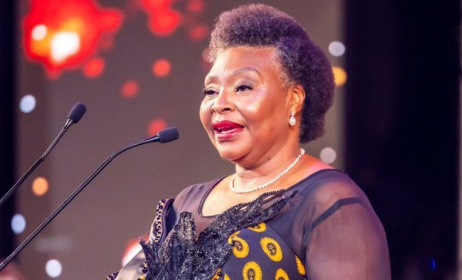


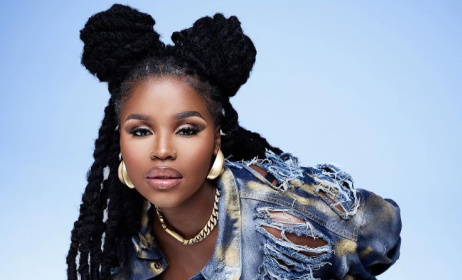
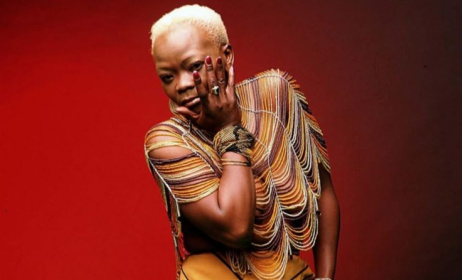
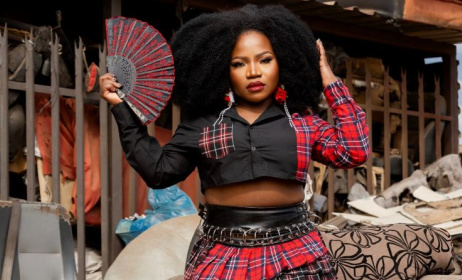


Comments
Log in or register to post comments